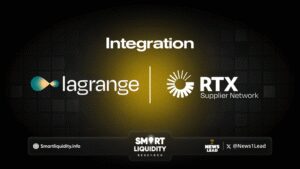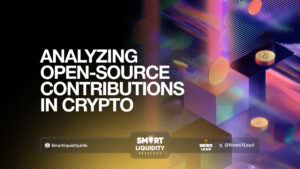Web3 and Ontology’s Role in The Coming Web3 Era


Ontology Network introduced limitations of current Web2 infrastructure and how Ontology is helping to facilitate the transition to Web3.
🔸Limitations of Web 2.0
Every time we interact online, the platforms we use collect data about us.
This can be anything from email addresses, video preferences, to the topics we follow on Twitter.
These mass swaths of data are gobbled up by Big Tech and monetized — often without our knowledge.
Not only is this business model a threat to our privacy, it creates security risks.
Online platforms store their data on centralized servers that are vulnerable to security breaches. Millions of users have had their data exposed online.
So, how do we solve this problem?
This is where Web 3.0 comes in.
🔸Web 3.0 & Ontology
Ontology is a high performance, public blockchain providing Web 3.0 infrastructure through its decentralized identity (DID) and data solutions.
Importantly, Ontology is a highly interoperable blockchain, supporting cross-chain transactions and Layer 2 solutions (e.g. Polygon).
Ontology utilizes a universal multi-virtual machine solution, being the first chain to support NeoVM, NativeVM and Wasm in 2020.
This year, support for the Ethereum Virtual Machine (EVM) was added.
After EVM testing is complete, Ontology will become the first public chain to support a total of 4 virtual machines.
Ontology has provided decentralized solutions in several sectors including mobility, inventory management, marketplace, corporate data attestation, copyright, and smart banking. Ontology is also collaborating with Chainlink, Polkadot, Waves, Neo and NEAR Protocol.
About Ontology
Ontology is a high performance, open source blockchain specializing in digital identity and data.
📰 INFO




